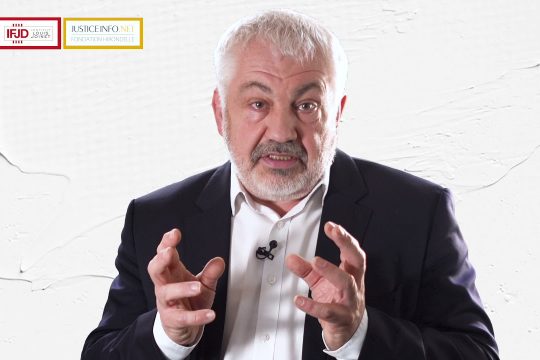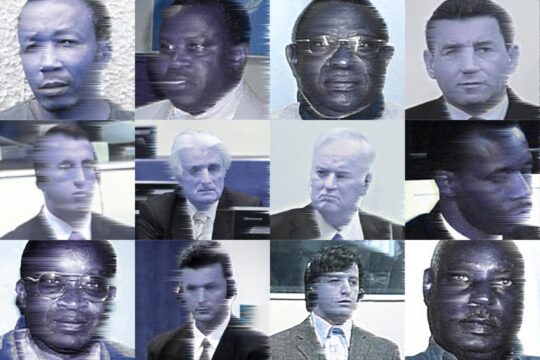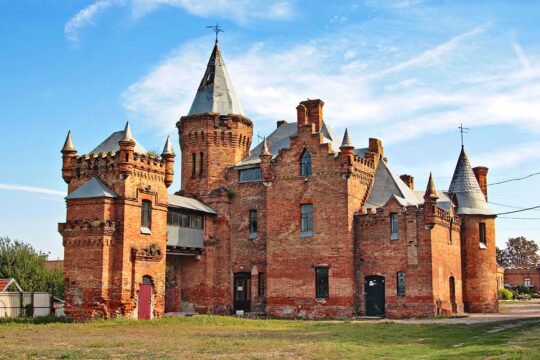UNDERSTANDING TRANSITIONAL JUSTICE | Episode 2 >
Law professor Fabrice Hourquebie explains this central right of victims and the restorative aspect of transitional justice. How do historical truth and judicial truth differ and complement each other? To better understand the mechanisms of oppression, to try to bring answers to them and to avoid the renewal of human rights violations: these are the objectives of this search for truth that so many societies around the world have engaged in.
In partnership with IFJD
Every week, on social networks, readers of Justice Info ask us this question: what is transitional justice? So, in June 2021, when the Institut francophone pour la justice et la démocratie (IFJD) proposed a partnership on educational videos that it has produced but which, its managers think, deserve a wider public audience than academic circles, we had no hesitation.
IFJD’s top transitional justice experts explain in a few minutes the history of these mechanisms and practices of justice in the face of mass violence. They detail some of its main principles, illustrating them with concrete examples of how they have been implemented. And they introduce us to its many fields of application, which are constantly evolving.






